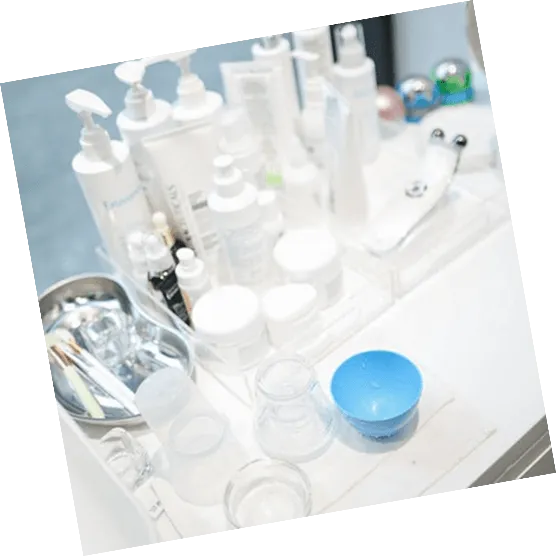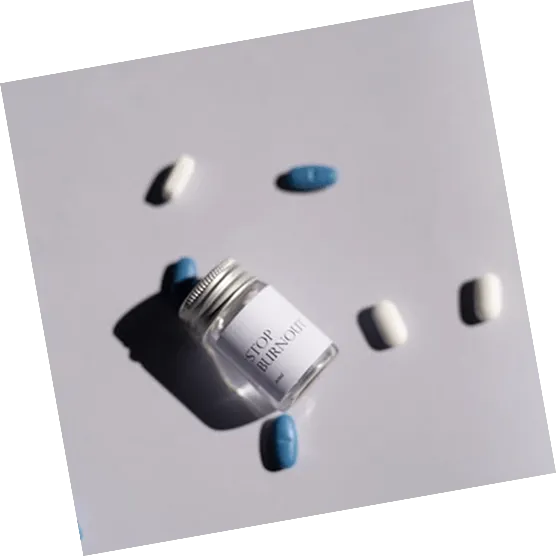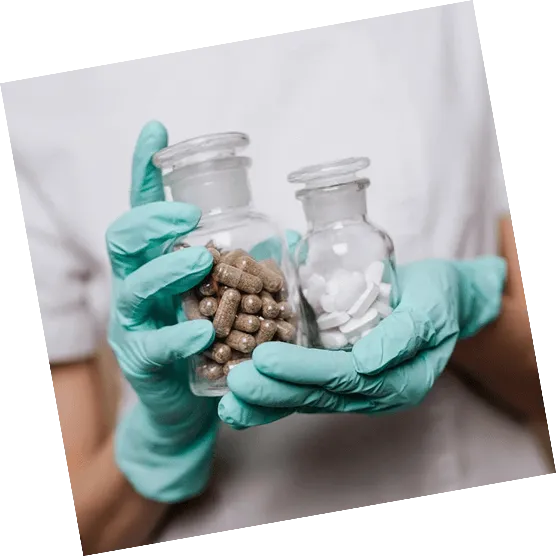From Molecule to Market, Faster
Holistic research-to-manufacture support for biotech, pharma, cosmetics, and food sectors
Services
Molecular Modeling

Data Analysis & Validation

Tech Launch

Regulatory and Quality Compliance

Use Cases
Academic Research

Enabling cutting-edge peptide innovation for academic research.
We collaborate with universities and research institutions to accelerate peptide discovery and innovation. Our modeling, validation, and consulting services empower researchers to transform experimental findings into impactful scientific breakthroughs.
Cosmetics

Formulating cosmetic ingredients for advanced skincare solutions.
We design and formulate advanced cosmetic ingredients for skincare, visible anti-aging, and anti-wrinkle applications. Our solutions help cosmetic brands introduce science-backed, effective formulations to the market faster.
Dietary Supplements

Dietary Supplements Manufacturing and Compliance Advisory
We can provide tailored manufacturing and compliance advice from our team, including FSMA-certified PCQI and formulation experts.
Pharmaceuticals

Developing peptides and biomolecules for pharmaceutical indications, from discovery to clinical applications.
We support pharma innovations in developing therapeutic peptides and biomolecules for a wide range of clinical applications. Our integrated approach —from modeling to cGMP manufacturing and compliance— ensures safe, effective, and regulatory-robust path to market from the start.
Benefits
Holistic Approach
Guide discoveries into industry-ready, regulatory-aligned products.

Budget Predictability
Upfront quotes ensure clear, predictable project costs.

Reliable Timelines
Committed schedules ensure transparent, timely project delivery.

Bridge Academia–Industry
Guide academics to commercialization, apply research insights industrially.

Tailored solutions
Custom-fit expertise aligned to specific project goals.

Verified Institutional Contractor
Registered vendor on PaymentWorks and SAM.gov.

Guide discoveries into industry-ready, regulatory-aligned products.

Upfront quotes ensure clear, predictable project costs.

Committed schedules ensure transparent, timely project delivery.

Guide academics to commercialization, apply research insights industrially.

Registered vendor on PaymentWorks and SAM.gov.

